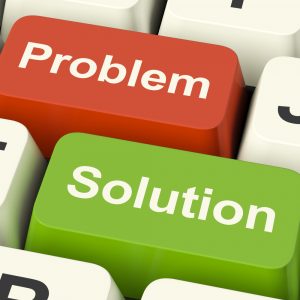 Achieving meaningful revenue through licensing by startup entrepreneurs can be for all intents and purposes a “unicorn event:” much discussed, but rarely achieved. Notwithstanding this reality, a significant number of startup entrepreneurs who seek to engage me for IP Strategy and patent development consulting assert confidently that their necessity for a patent is based on a business strategy of licensing (or selling) their protected product or technology to an established company.
This is not surprising because it is embedded in the DNA of much of society that “if you build a better mousetrap, the world will beat a path to your door.” Late night infomercials featuring famous people and entrepreneur “hero stories” in the press also bolster this conviction. It is certainly heartwarming and inspiring to believe that an "Average Josephine" can become rich solely
Achieving meaningful revenue through licensing by startup entrepreneurs can be for all intents and purposes a “unicorn event:” much discussed, but rarely achieved. Notwithstanding this reality, a significant number of startup entrepreneurs who seek to engage me for IP Strategy and patent development consulting assert confidently that their necessity for a patent is based on a business strategy of licensing (or selling) their protected product or technology to an established company.
This is not surprising because it is embedded in the DNA of much of society that “if you build a better mousetrap, the world will beat a path to your door.” Late night infomercials featuring famous people and entrepreneur “hero stories” in the press also bolster this conviction. It is certainly heartwarming and inspiring to believe that an "Average Josephine" can become rich solely
Startup Patent Licensing: Beating the Long Odds
The Medical Device Patent Strategy Problem-Case Study
An IP Strategist like myself spends considerable time "Monday Morning Quarterbacking" patent strategy for medical devices and other inventions for the purposes of valuation, commercialization and otherwise. In this regard, I am frequently asked to review medical device patents to provide my opinion regarding claim coverage in relation to commercialization potential. Most of these reviews indicate that the medical device patent fails to create a scope of protection sufficient to justify the investment needed to fully realize the value of a new market opportunity.

Alternatively, I will provide a "freedom to operate" opinion to a competitor that wishes to enter the market with a non-infringing alternative but which nonetheless leverages the key insights that formed
False Patent Marking Lawsuit Update: A Tale of Successful Defense Strategy
In November, 2010, I wrote a blog post where I talked about a client who was sued for false marking, even though they had months before the suit changed the packaging of their product. We subsequently obtained a good result with our litigation strategy, and I think others may benefit from this experience. Moreover, I think it is important for we lawyers to share strategies for the overall benefit of our respective clients. This is not done enough: we legal experts all-too-frequently provide sagely advice from the comfort of our own siloed client experiences. For the past 3 years as a blogger, I have been working to build a more public dialogue on IP strategy, and did not want to let this opportunity go by to let others know of a successful strategy in dealing with a false marking litigation. (I feel comfortable sharing my experiences with this litigation,
Patent “Expert” Opinion on Reasons for Google Tender Offer for Groupon Reveals Fundamental Problems with IP Professionals
After several years of writing about how business leaders need to wrest control of their IP matters from lawyers, today brought a revelation that illuminated why this seems to be such a hard point to get across. It should be a no brainer: it has been shown time and time again that when a company aligns its IP strategy with its business strategy, value creation opportunities abound. So, why is it so hard to get business people to sign onto something that is unquestionably in the best interests of their shareholders? It's simple--patent experts wholly lack credibility with business people on these issues. This lack of credibility is compounded by the fact that these experts are given a forum to trumpet these views through use of their firms' large marketing budgets, as well as by haphazard journalists who give them a forum to expound their self-interested views without counterpoint. To this
Guest Blogger: How Patent Vulnerability Impacts Valuation by David Wanetick of IncreMental Advantage
(This week, David Wanetick, Managing Director of IncreMental Advantage provides readers if the IP Asset Maximizer Blog with an excellent overview of the various factors that he believes affect patent valuation. Please let me know if you would like to be a Guest Blogger.)
How Patent Vulnerability Impacts Valuation by David Wanetick of IncreMental Advantage As I often tell business leaders who attend my course on Valuing Early-Stage Technologies, valuing patents isn’t rocket science. It is much more difficult. Or to paraphrase Winston Churchill, valuing patents is a riddle, wrapped in a mystery, inside an enigma. Measuring even a well-delineated permanent entity is much more difficult than may be imagined. As Neil deGrasse Tyson (a renowned astrophysicist) and Benoit Mandelbrot (the father of fractal geometry) have discussed, no one really knows what the circumference of the coastline of the United Kingdom is. The tides will cause varying

